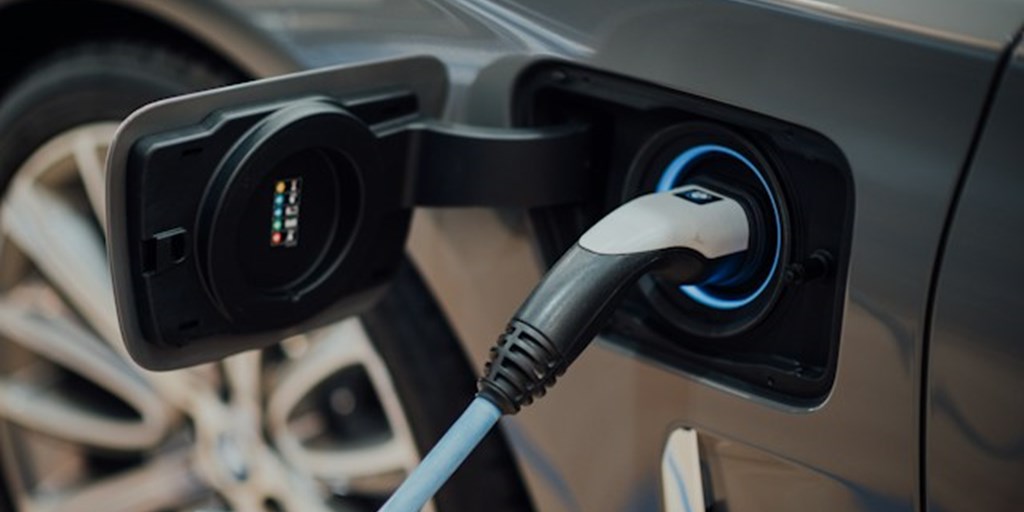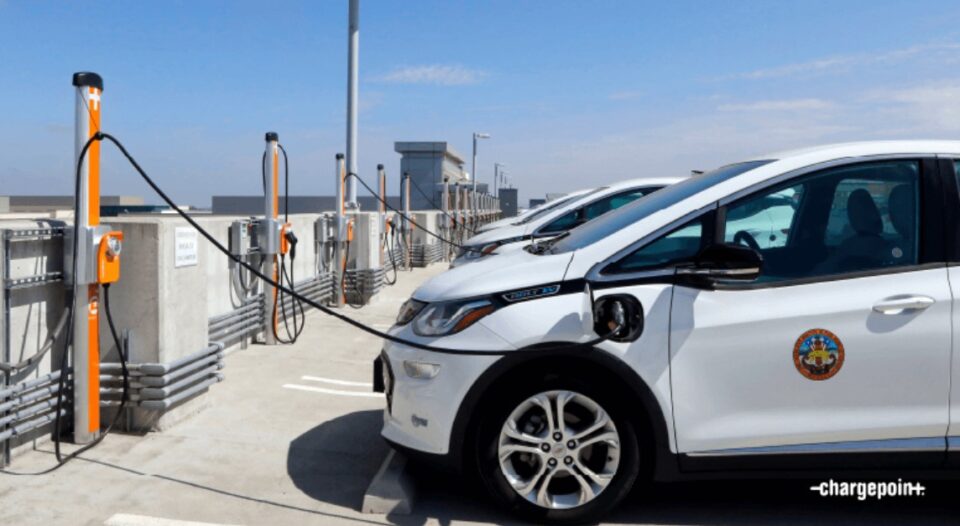Expert Opinions and Market Insights When You Buy EV Charging news
Wiki Article
Top EV Charging Information: Trick Updates on Infrastructure and Advancement

Recent Developments in Fast-Charging Innovation
In addition, developments in battery innovation, including improved thermal management systems and greater power thickness batteries, enhance fast-charging capacities. These developments alleviate the risk of battery deterioration during fast charging, guaranteeing long life and efficiency for EV owners.
In addition, the integration of wise billing remedies is enhancing user experience, making it possible for real-time monitoring and dynamic prices designs. EV Charging news. This adaptability allows motorists to maximize billing expenses and times based on grid demand
As car manufacturers proceed to purchase fast-charging networks, the collaboration between industry stakeholders is important. Collaborations in between billing station suppliers and auto makers are paving the means for substantial protection, eventually promoting a much more robust EV environment. These advancements are critical in supporting the change to lasting transport.
Government Campaigns for Billing Development
Federal government efforts play a crucial function in the expansion of electric vehicle (EV) billing framework, assisting in the shift to lasting transport. Different government and state programs are being carried out to enhance charging access, decrease the economic problem on customers, and advertise the adoption of electrical vehicles.Especially, the U.S. federal government has actually designated substantial funding through the Framework Investment and Jobs Act, which sets aside $7.5 billion for EV charging network development across the nation. This funding is aimed at releasing thousands of new charging stations, specifically in underserved areas, thus addressing array anxiety amongst potential EV customers.
In addition, numerous states are establishing legislation to enhance the permitting process for charging terminal installations, which is crucial for increasing release. Incentives such as tax obligation credits and discounts for both consumers and services are also being introduced to motivate the installment of billing framework.
Additionally, public-private collaborations are significantly coming to be a focus, leveraging exclusive investment to enhance government funding. These efforts highlight a joint method essential for developing a extensive and reliable EV charging network, inevitably adding to a greener and more lasting future.
Cutting-edge Battery Solutions Enhancing Effectiveness
Reinventing the landscape of electric car (EV) modern technology, ingenious battery remedies are dramatically improving effectiveness and efficiency. Advances in battery chemistry, particularly with lithium-sulfur and solid-state batteries, are bring about boosted energy thickness, which permits longer arrays and faster billing times. These brand-new battery types have the possible to outperform conventional lithium-ion batteries by using higher abilities while minimizing weight, thereby boosting overall automobile performance.Furthermore, advancements in battery administration systems (BMS) are optimizing power usage and expanding battery life expectancy. Smart formulas check battery wellness and performance, enabling real-time modifications to billing and discharging processes. This not just boosts the performance of the battery but also makes certain a much more reliable and sustainable power source for EVs.
Additionally, the combination of recycling technologies is resolving the environmental effect of battery production and disposal. Developments in second-life applications for EV batteries are facilitating their usage in energy storage space systems, contributing to a great post to read circular economic climate.
As these ingenious battery services remain to progress, they guarantee to transform the EV market, making electrical automobiles much more accessible and appealing to a more comprehensive target market while supporting international sustainability objectives.

Collaboration In Between Automakers and Charging Networks
Identifying the important requirement for a look at these guys durable charging facilities, car manufacturers are significantly collaborating with charging network service providers to boost the EV possession experience (EV Charging news). These partnerships intend to develop a seamless charging ecological community that profits consumers and sustains the transition to electrical vehiclesSignificant automobile brands are joining pressures with well established billing networks to expand their billing terminal protection, ensuring chauffeurs have access to trusted and hassle-free charging choices. Collaborations with networks like ChargePoint and Electrify America allow car manufacturers to integrate charging services straight right into their cars' navigation systems, directing customers to the local stations and supplying real-time availability updates.
Furthermore, these partnerships frequently lead to the growth of fast-charging technologies that substantially decrease the time needed to charge an EV. By pooling resources and know-how, automakers and charging networks can introduce faster, creating remedies that meet the expanding demand for electrical mobility.
Additionally, joint efforts might additionally result in more standardized billing protocols, which can alleviate customer complication and advertise wider EV fostering. On the whole, these strategic alliances are essential in developing a reliable and straightforward charging facilities that meets the requirements of an increasing electrical lorry market.
Challenges Facing EV Billing Framework
As the electric lorry market continues to expand, numerous challenges are surfacing that hinder the growth of a detailed charging framework. Among the main obstacles is the inadequate variety of charging stations, specifically in underserved and rural city locations. This void produces range anxiousness amongst possible EV customers, deterring them from making the switch.Additionally, the lack of standardization in charging innovation complicates the infrastructure landscape. Variations in plug kinds and charging rates can develop complication for individuals and boost operational complexities for charging network drivers. Moreover, the assimilation of billing terminals right into existing electrical grids positions significant challenges. Many areas deal with capacity limitations, calling for considerable investments in grid upgrades to accommodate raised demand.
One more pressing problem is the high cost related to the setup and upkeep of charging terminals, which can be a barrier for both public entities and private organizations. Lastly, governing obstacles and zoning restrictions can delay the release of billing framework, restraining development in expanding crucial services. Dealing with these difficulties will certainly be essential for fostering a robust EV ecological community that supports the transition to lasting transportation.
Verdict
In conclusion, the ongoing developments in EV billing innovation, supported by considerable federal government campaigns and innovative battery solutions, are important for the growth and effectiveness of electrical lorry framework. Collaborations between car manufacturers and billing companies additionally improve station protection, attending to the expanding need for easily accessible charging choices. Despite challenges that persist within the EV billing landscape, these developments symbolize a favorable trajectory towards a more efficient and lasting electrical lorry community.Innovations in charging infrastructure have led to the development of ultra-fast battery chargers qualified of delivering up to 350 kW of power, considerably minimizing billing times. Variants in plug types and billing rates can produce confusion for users and increase functional complexities for billing network drivers.In conclusion, the recurring innovations in EV billing modern technology, supported by significant federal government initiatives and cutting-edge battery options, are important for the expansion and effectiveness of electric automobile framework. Partnerships between automakers and charging providers even more enhance station protection, resolving the click to investigate growing need for accessible billing options. Regardless of challenges that persist within the EV charging landscape, these advancements represent a favorable trajectory towards a much more reliable and sustainable electric lorry community.
Report this wiki page